A revaluation Account is an account created to record the changes in the value of assets and liabilities during: Change in profit sharing ratio Admission of a partner Retirement of a partner Death of a partner The realization Account is prepared to sell assets and pay liabilities in the event of theRead more
A revaluation Account is an account created to record the changes in the value of assets and liabilities during:
- Change in profit sharing ratio
- Admission of a partner
- Retirement of a partner
- Death of a partner
The realization Account is prepared to sell assets and pay liabilities in the event of the dissolution of the firm.
Revaluation Account is prepared for dissolution of the partnership while Realization Account is prepared for dissolution of the partnership firm.
The increase or decrease in the value of assets and liabilities is transferred to the Realisation Account and the gain or loss thereof is transferred to the old partner’s capital account.
- A decrease in Assets and an Increase in Liabilities is debited since it is a loss for the firm and all the losses are debited.
- An increase in Assets and a Decrease in Liabilities is credited since it is gained for the firm and all the profits are credited.
Format of Revaluation Account will be:
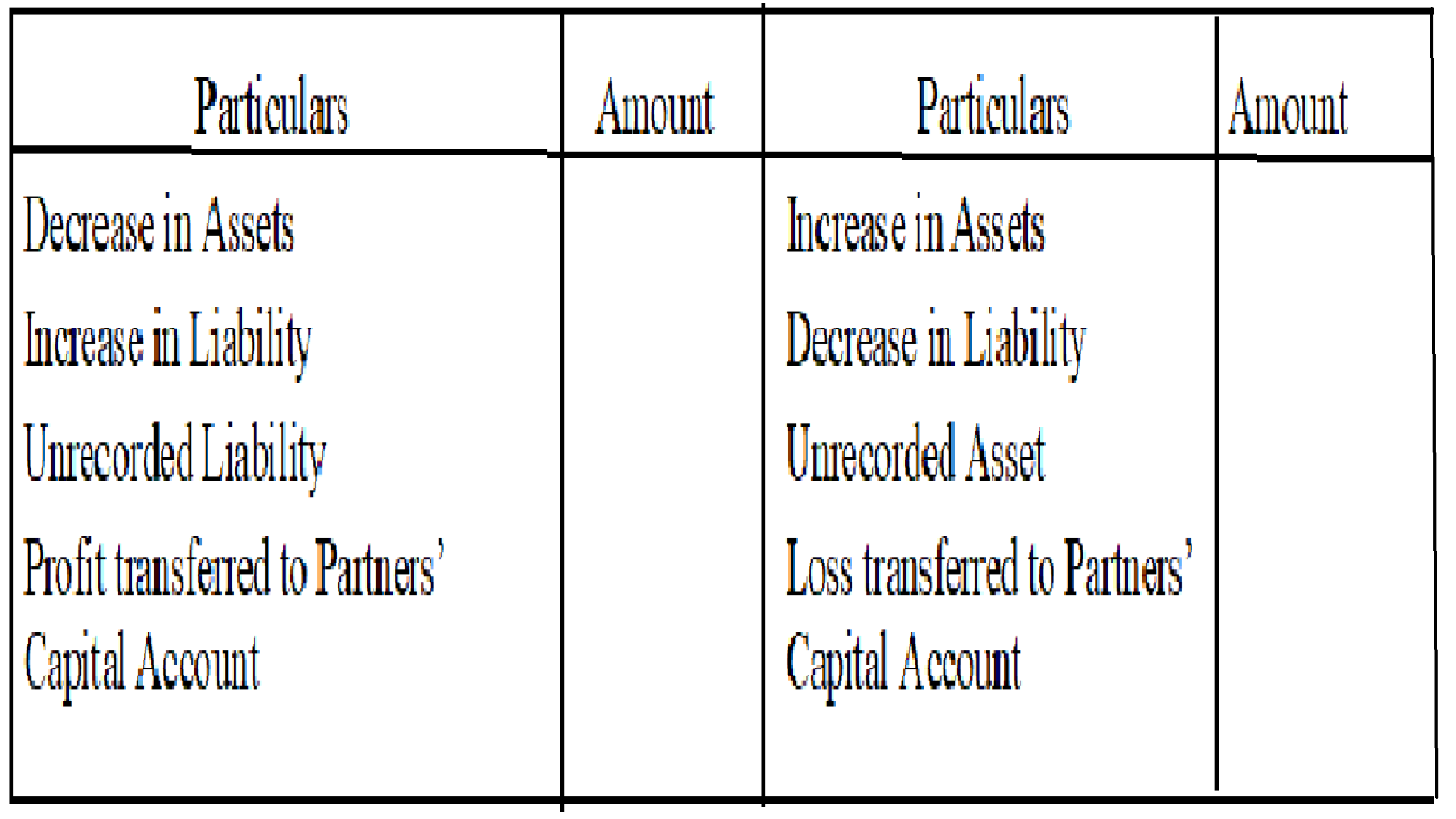
Format of Realization Account will be:
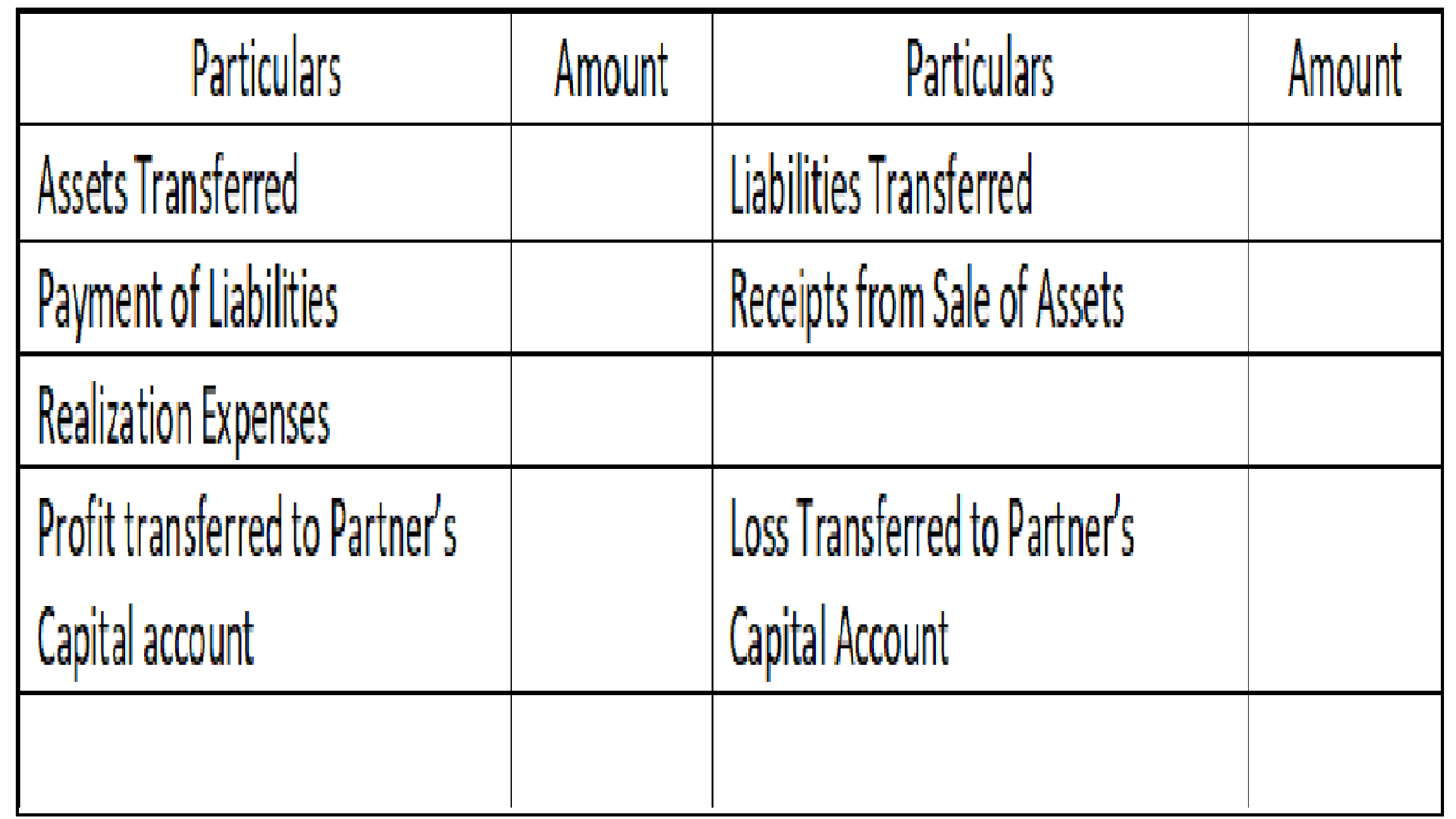
The difference between Realisation and Revaluation Account is:
| Revaluation Account | Realization Account |
| Prepared to record changes in assets and liabilities | Prepared to record sale of assets and payment of liabilities |
| Prepared at the time of dissolution of the partnership | Prepared at the time of dissolution of partnership firm |
| Assets and liabilities still exist in the books only their values change | Assets and liabilities do not exist in the books of the firm |
| This account contains only those assets and liabilities that are to be revalued. | This account contains all the assets and liabilities of the firm. |
| A revaluation Account can be prepared any number of times during the lifetime of the firm. | The realization Account is only made once during the dissolution of the firm. |
| The gain or loss during revaluation is transferred to the old partner’s capital accounts. | The gain or loss during realization is transferred to the capital account of all the partners. |
See less

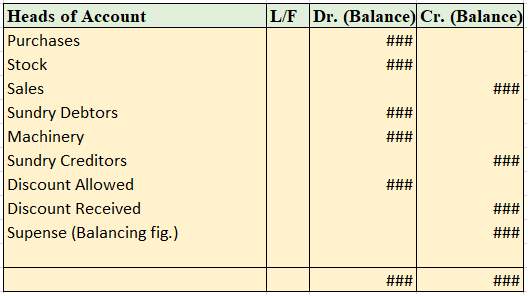
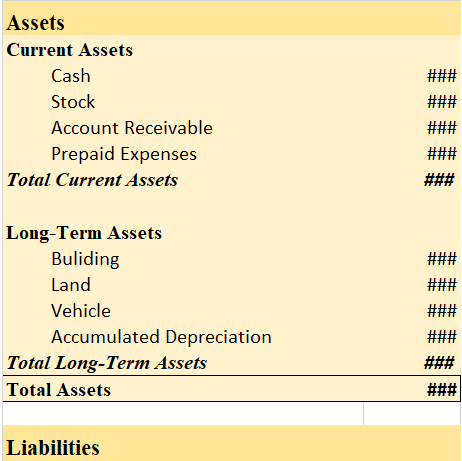





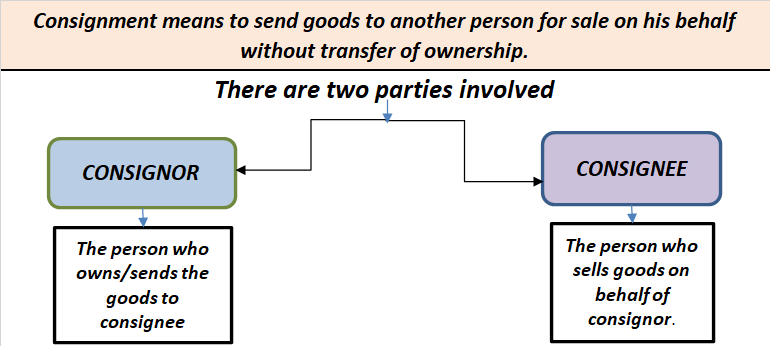
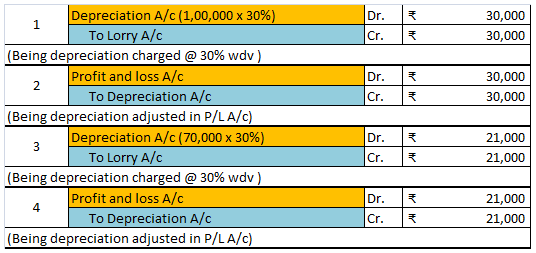
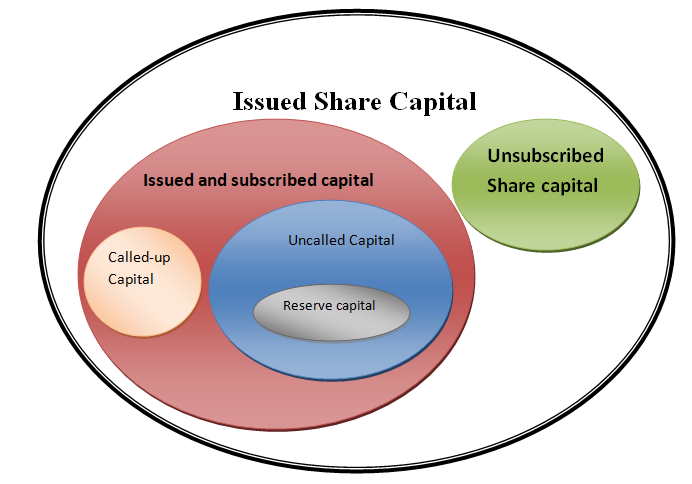
The major affairs of the company are handled by the manager and hence he is entitled to receive some compensation for his efforts. This is termed Managerial Remuneration. The manager has to bring out the maximum potential of the employees while ensuring that the interests of the shareholders and othRead more
The major affairs of the company are handled by the manager and hence he is entitled to receive some compensation for his efforts. This is termed Managerial Remuneration. The manager has to bring out the maximum potential of the employees while ensuring that the interests of the shareholders and other stakeholders are secured.
MAXIMUM REMUNERATION
As per section 197 of the Companies Act, the Company has certain limits on paying maximum remuneration, depending on whether he is working full-time or part-time. If the company has only one whole-time manager, he is entitled to a maximum remuneration of 5% of net profits. If there is more than one whole time manager, then the percentage increases to 10%.
For part-time directors, the remuneration allowed is 1% of net profits (if there is a whole-time director present) and if no whole-time manager is present, then remuneration for a part-time director is 3%.
Therefore, a company can only pay a maximum remuneration of 11% of net profits.
A public company is allowed to pay remuneration in excess of 11% by :
Remuneration can be paid to such managers who do not have any direct interest in the company and also possesses special knowledge and expertise along with a graduate-level qualification.
PENALTY
Any person who fails to comply with the provisions of managerial remuneration shall be punishable with a fine that can vary from Rs. 1 Lakh to a maximum of Rs. 5 Lakhs.
However, Sec 197 applies to only public companies and hence private companies are free to pay managerial remuneration with no upper limit.
See less